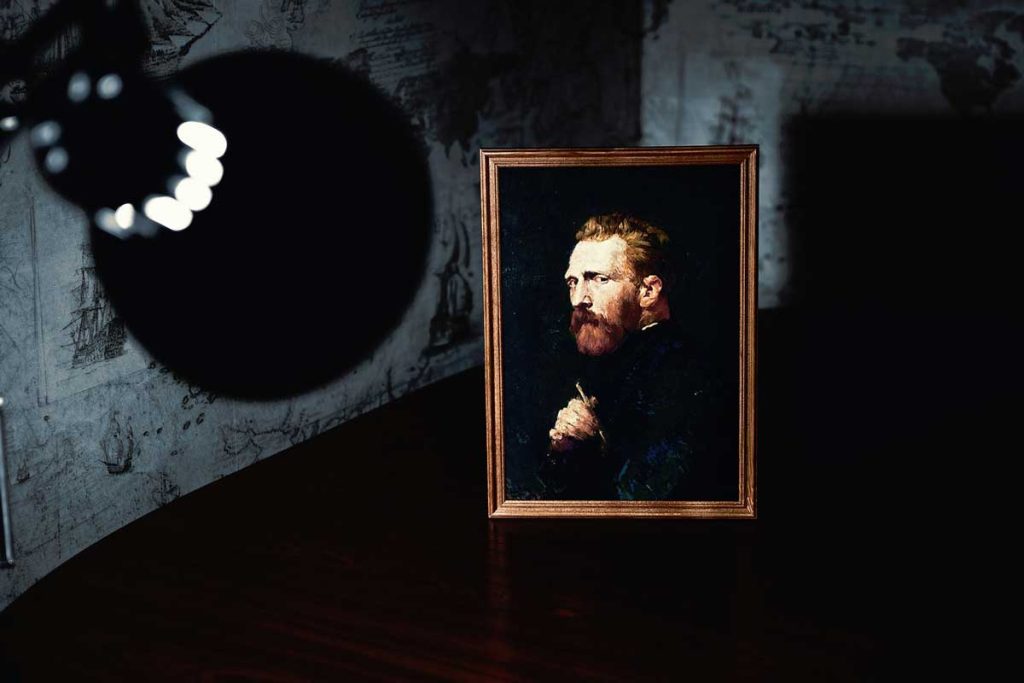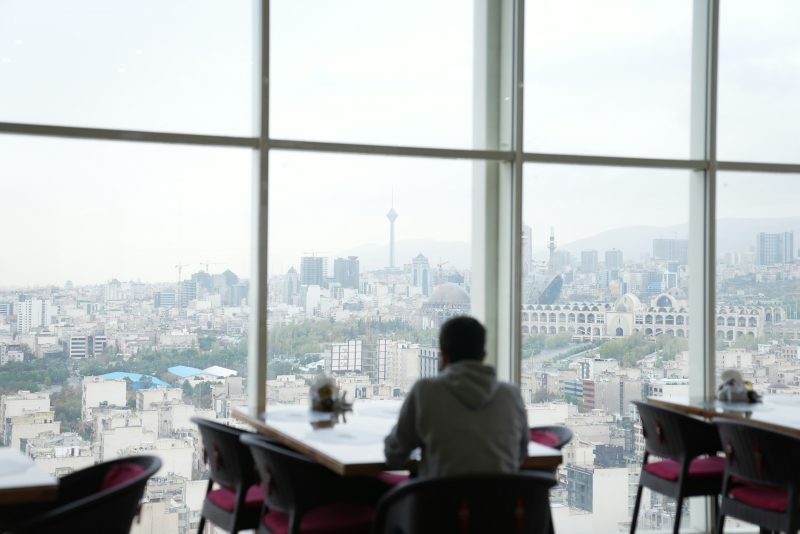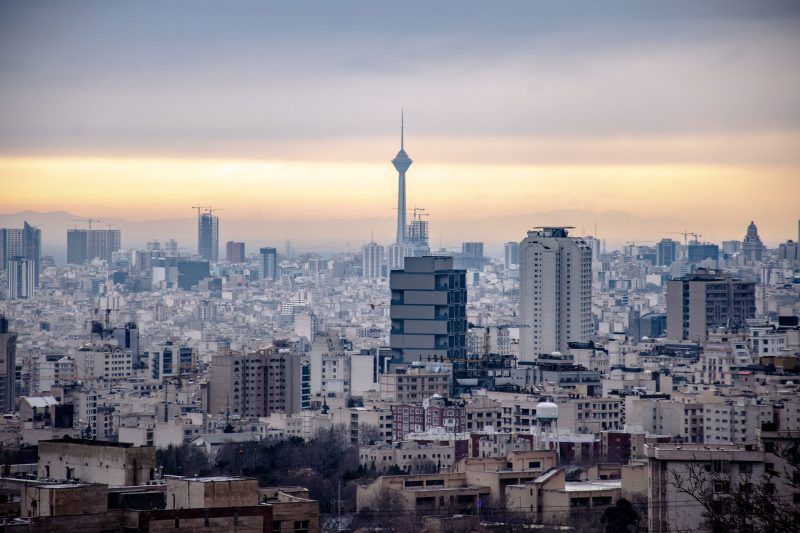Maslow believes that one of the main characteristics of living an entrepreneurial lifestyle is that you get to live on the edges. When I use the phrase “living on the edges”, I mean, literally there are times that you feel life is doing an edge crush test on you. It’s not an odd thing, at least in my experience, to work continuously for 40 hours. It’s the way the job pushes you to your limits. On the other hand, there are times, especially between projects, when you get to see the world with normal human speed. I usually get to have 2 or 3 days of pure free time, between the projects feeling like the fictional character Tarzan, swinging in the jungle letting go a rope, and hoping to get the next one. In those times, besides enjoying every second of my free time, I read books.
The last book I read was The Letters of Vincent van Gogh edited by Ronald de Leeuw. The book is a collection of 928 surviving letters written or received by Vincent van Gogh, gathered by his sister-in-law. Van Gogh was an extraordinary person and a Post-Impressionist painter who lived around 130 years ago for only 37 years. His works are notable for its rough beauty, emotional honesty, and bold color. He has created more than 2100 artworks in about a decade and sold only one during his lifetime.
More than 650 of Vincent’s letters were to his brother Theo. Among those letters, a letter dated 28 December 1885 fascinated me more than others. In the letter, Vincent is asking Theo to lend him some money. He mentions a sentence that I think is one of the basics of every entrepreneurial life. Vincent writes:
If I receive money, my first hunger is not for food, though I have fasted ever so long, but the desire for painting is ever so much stronger.
—Vincent van Gogh
The saying is so profound that it had me thinking of basic human needs. What was it in van Gogh’s head and heart that caused him to minimize satisfying his basic need of hunger and chase models to paint?
Reza Pakravan, a global adventurer and holder of two world records, also described the same feeling in his recent talk on TEDxTehran 2014: Making a Bold Decision. Reza shared with the audience his journey from being a Financial Analyst in London to traveling 11,000 miles unsupported between Arctic Circle and Cape Town in 102 days with a bicycle. Reza went through some of the most dangerous places in the world, but why? What inspired him to do so? The feeling I call it “Need Resistance”.
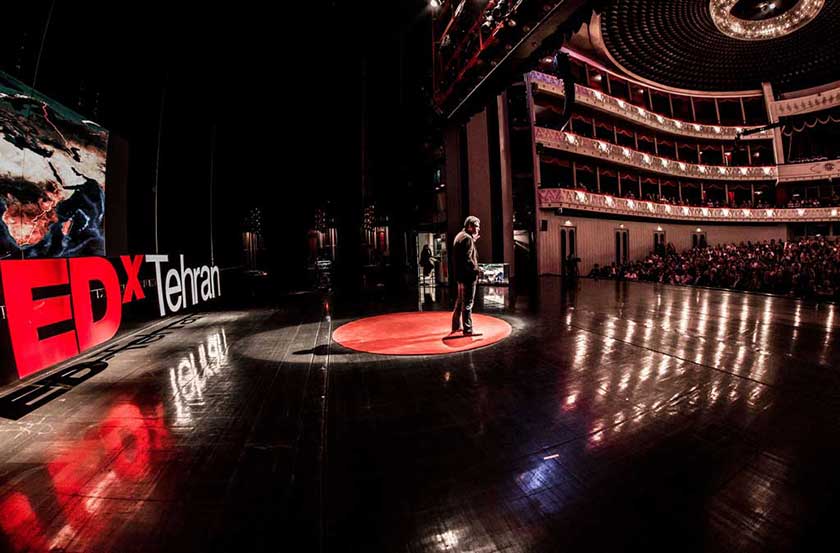
The Need for Resistance along with a great passion is what makes van Gogh, Reza, and other extraordinary people to make a difference and make a change. Extraordinary people continuously and actively minimize their focus on what they “need” and maximize their focus on what they “want”. In other words, they want what they want so hard, they forget their needs.
Thinking about wants and needs reminded me of Maslow’s Hierarchy of Needs. Abraham Maslow’s hierarchy of needs is one of the most popular models in management. Developed in 1948, Maslow’s hierarchy of needs is pervasive across many disciplines, including business, management, marketing, parenting technology, education, and psychology. The hierarchy is simple, orderly, intuitively sensible, cognitively appealing, and offers order out of chaos.
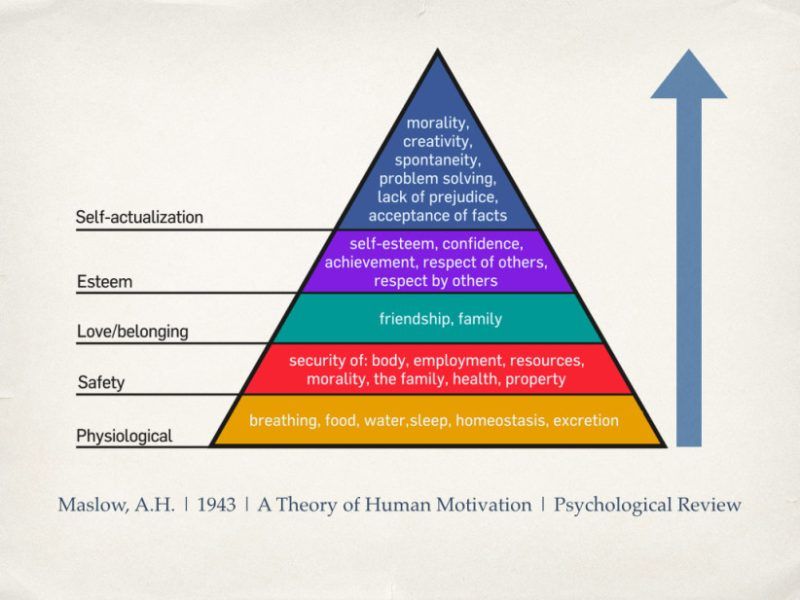
Maslow’s hierarchy order is pretty simple and rational: first, you need to eat, drink, sleep, and basically stay alive. Then you want to stay alive longer, so you need safety (the second level), meaning you need to feel you can have your basic needs satisfied for a longer period of time. After you feel safe, you need to be in contact with others and make relations, you need to feel you belong to a community. Then, you need to be in control of your relations, meaning you need respect. Last but not least, there are Self-actualization needs at the top of the hierarchy. The order made the whole of Maslow’s hierarchy seem like a video game in that you have to fulfill the requirements of one set of needs before you can get to the next level up. If life was that easy…
I know it is impossible for a human being not to breathe, eat, drink, and sleep for a long time. But, I think needs shouldn’t filter our vision when we do what we do. It’s all about the approach we take toward our jobs. One hazard of dealing with situations on the basis of needs is we trap in the first and second stages of the hierarchy, satisfying our basic needs and trying to satisfy them for a long time.
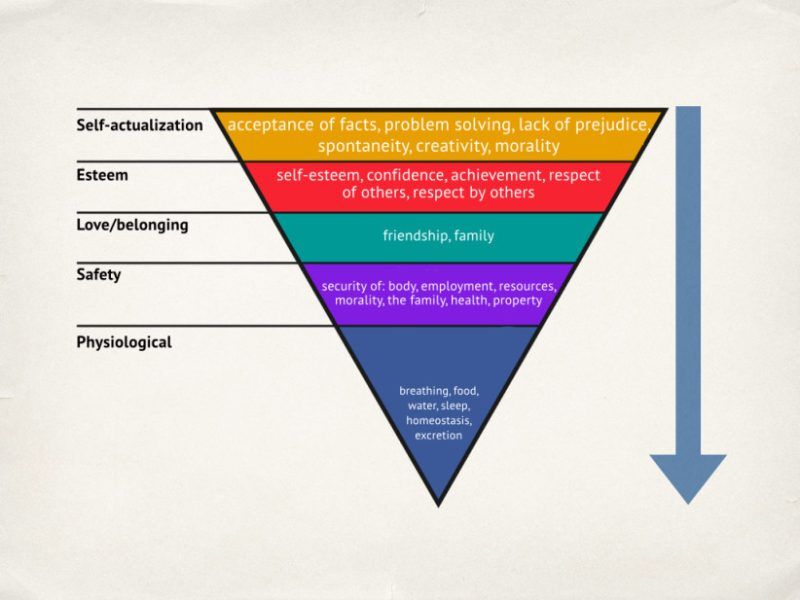
To shift our approach, I suggest we look to Maslow’s hierarchy in reverse order, where its stages are not levels to pass but priority levels. This can illustrate the reversed hierarchy of “wants” or intentions of creative and extraordinary people. They think of self-actualization and Esteem far more than what they want to eat.
Entrepreneurs most likely feel a strong craving for creativity, problem-solving, and other characteristics of self-actualization. They then begin to build teams. Most of the time their people are the most important resources they have. They belong to their teams and make others feel they belong to those teams too. They tend to make their environment a safe place for everyone.
There is also the basic need for social connections that Maslow misses. A fascinating article by Pamela Rutledge in Psychology Today entitled “Social Networks: What Maslow Misses” (November 2011) points out that Maslow’s model misses the role of social connection. “Here’s the problem with Maslow’s hierarchy,” explains Rutledge. “None of these needs — starting with basic survival on up — are possible without social connection and collaboration…”. Without collaboration, there is no survival.
Man is by nature a social animal; an individual who is unsocial naturally and not accidentally is either beneath our notice or more than human. Society is something that precedes the individual. Anyone who either cannot lead the common life or is so self-sufficient as not to need to, and therefore does not partake of society, is either a beast or a god.
—Aristotle
Maslow’s hierarchy of needs was helpful in 20th Century management in pointing out to managers why traditional management–hierarchical bureaucracy with managers acting as controllers of individuals, was unlikely to meet the psychological needs of employees. But it offered an unrealistic route to meeting those needs: ascension up the hierarchy of needs towards self-actualization. The truth is most people can’t survive without effective collaboration with others. Also, most creative people prefer to minimize satisfying their basic “needs” in order to focus on their “wants”. To get inspired and inspire others, sometimes we need to think of Maslow’s hierarchy of needs in reverse.
